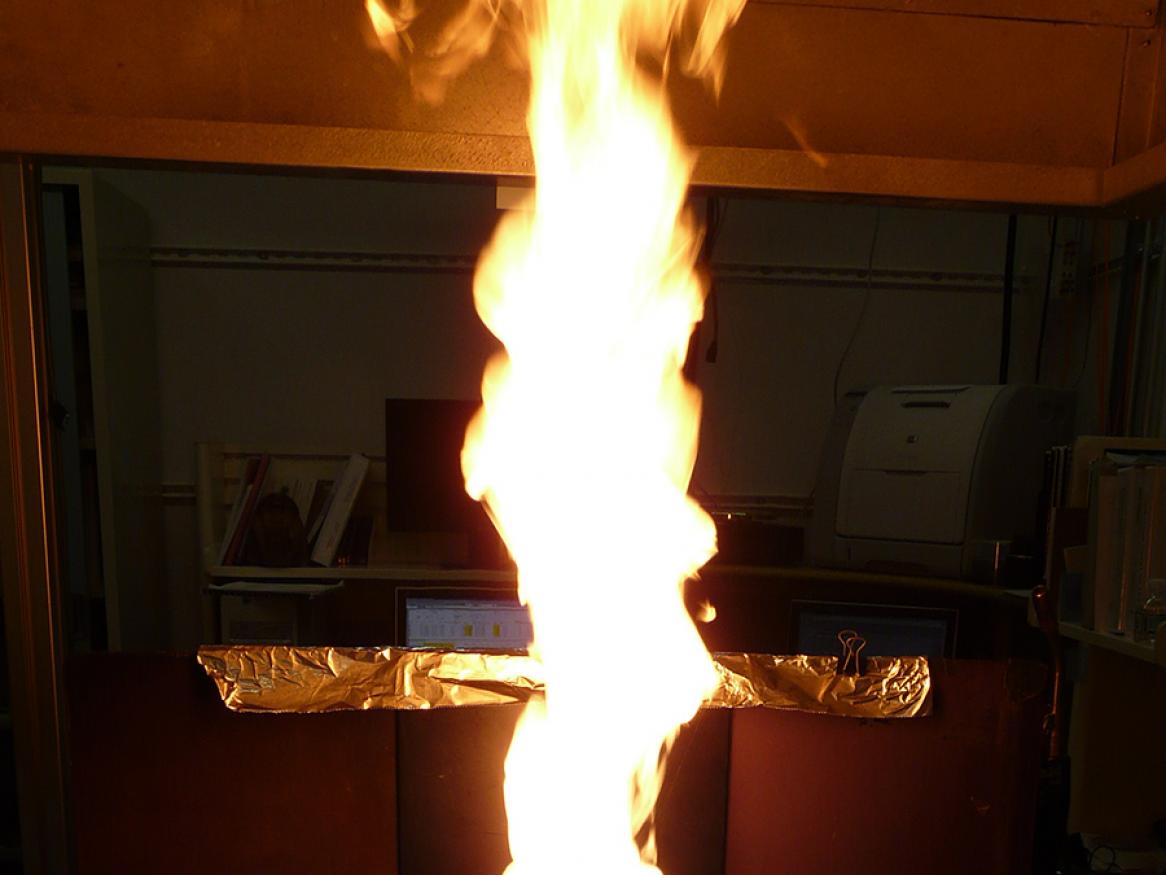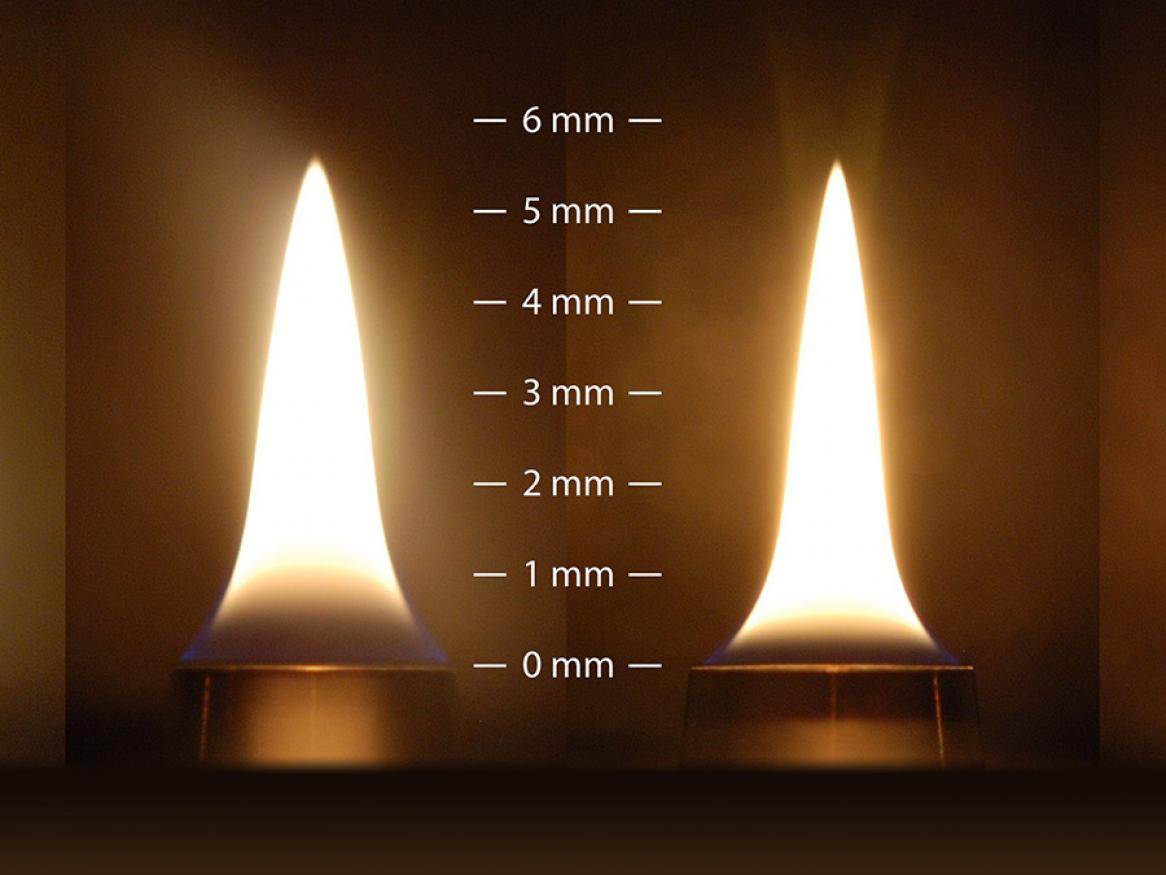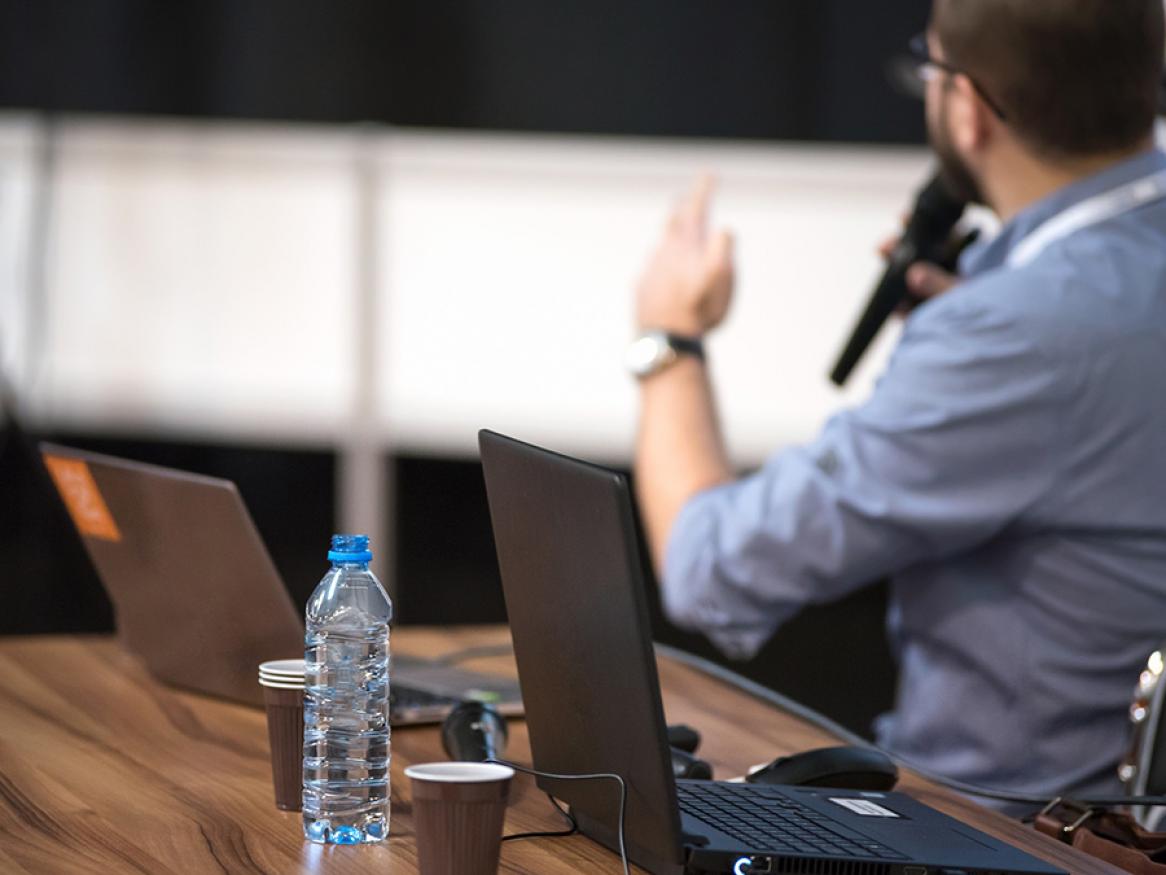Home
7th International Workshop on the measurement and computation of reacting flows with carbon nanoparticles
When: Sat 20th July - Sun 21st July 2024
Where: Milan, Italy
Program: download the ISF-7 Program
Registrations are now open: Workshops | 40th International Symposium on Combustion (combustionsymposia.org)
-
ISF-7 Overview
The ISF Workshop for the Measurement and Computation of Reacting Flows with Carbon Nanoparticles is an ongoing, biennial forum. The next meeting will be held from 20 - 21 July 2024, together with other satellite workshops of the 40th International Combustion Symposium, on 21-26 July 2024, Milan, Italy.
Organised by researchers, for researchers with specialist industry advisors, to develop improved predictive capability of pyrolysis processes in practical reactors and flames through international collaboration between experimentalists and modellers. It is an open forum held immediately prior to each of the International Symposia on Combustion.
The ISF is not a traditional conference, but is an open, international forum to coordinate research.
-
Aims of the ISF Workshop
- To advance understanding of the evolution of carbonaceous particles and of the predictive modelling tools to characterise this in practical environments, including:
- combustion-generated environments, such as flames and fires
- high-temperature hydrocarbon pyrolysis and carbon nanoparticle synthesis environments
- To identify gaps in current understanding and coordinate research programs to address them, particularly via joint investigations in well-defined target flames or reactors purpose-designed for the development and validation of predictive models.
- To coordinate and foster the advancement of the underpinning experimental and numerical methods needed to support the above objectives.
- To establish an archive of detailed data sets of target flames and reactors with defined accuracy and provide a forum for the exchange and dissemination of these data.
- To advance understanding by establishing clear and consistent definitions and terminology.
- To foster the professional development of PhD students and emerging researchers in the field.
- To advance understanding of the evolution of carbonaceous particles and of the predictive modelling tools to characterise this in practical environments, including:
-
ISF-7 Communique
A newsletter about ISF-7 is available to download
-
Objectives and Targets for ISF-7
1. To advance understanding of the mechanisms governing the evolution of carbon materials, with a particular focus on the following challenges and environments:
a) Turbulent high-temperature reacting flows
b) Laminar high-temperature reacting flows
c) Pyrolysis and synthesis of carbon nanoparticles
d) Soot evolution in fires
2. To advance understanding of the strengths and limitations of various modelling approaches for sooting flames and reactors by detailed comparison of predictions with experimental/Reference numerical data of the following environments:
a) Turbulent high-temperature reacting flows:
b) Laminar high-temperature reacting flows:
3. To review progress in experimental and numerical methods and coordinate programs to continue their advancement.
-
Keynote speakers & panellists
Prof Murray Thomson
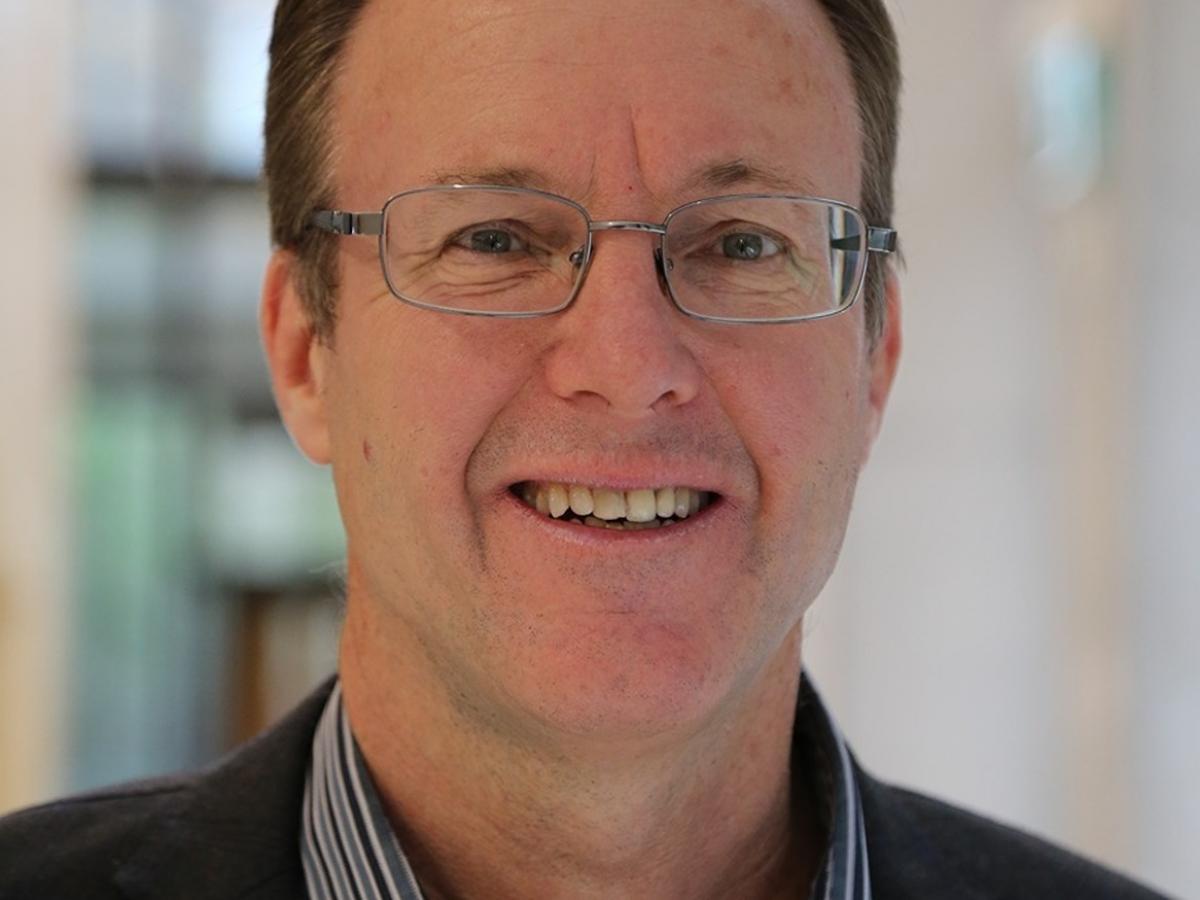
Prof Murray Thomson is Co-Founder and Chief Science Officer (CSO) of Aurora Hydrogen, a company that is developing hydrogen production from microwave-driven methane pyrolysis. He is also a professor in the Department of Mechanical & Industrial Engineering at the University of Toronto and cross-appointed with the Department of Chemical Engineering. He received a BEng from McGill University (1986) and PhD from University of California, Berkeley (1994). He was made a Fellow of the Combustion Institute in 2018, a Fellow of the Canadian Academy of Engineers in 2016, and a Fellow of the Engineering Institute of Canada in 2012. He is on the scientific committee of the biennial International Sooting Flame Workshop. He is on the Editorial Board of the journal Proceedings of the Combustion Institute.
Prof Murray Thomson’s research is in the area of methane pyrolysis, hydrogen production and carbon material synthesis. He also has extensive experience in combustion with a focus on soot formation, biofuels, and combustion modeling. He has supervised the thesis research of over 100 graduate students and published 132 journal publications.
Dr Samuel L Manzello
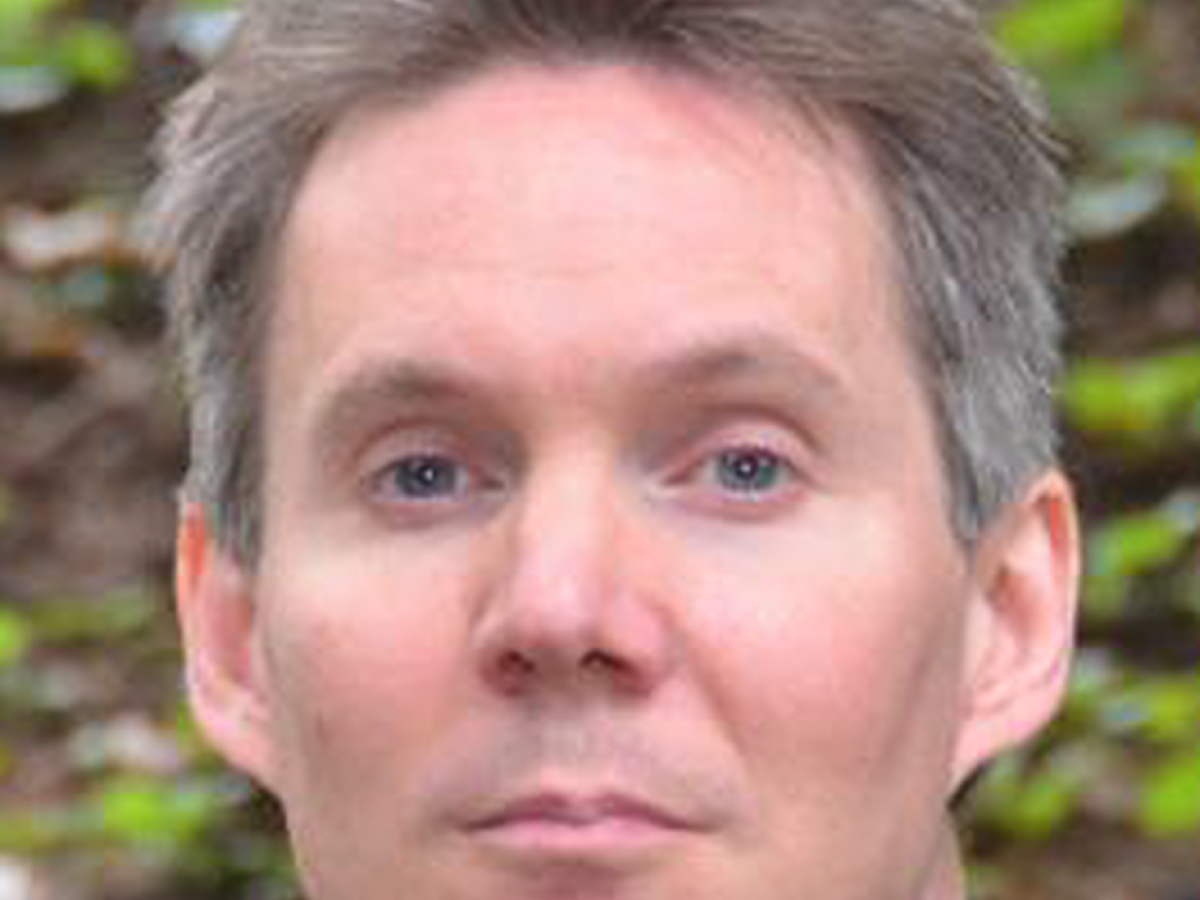
Samuel L Manzello is currently visiting Professor at the Institute of Fluid Science (IFS), Tohoku University and also with Reax Engineering. Over the span of his career, Samuel’s expertise may be best described as bringing fundamental combustion knowledge to practical problems. His research in droplet-surface interaction was featured in the journal Nature and his firebrand research was featured in the journal Science. Samuel has received many awards including a NASA Graduate Student Researcher Fellowship (NASA-GSRP), a National Research Council Post-Doctoral Fellowship (NRC), a fellowship from the Japan Society for the Promotion of Science (JSPS), a NIST Individual Bronze Medal, NIST Engineering Laboratory (EL) Awards for best paper and Outstanding Communicator, the 2015 Harry C. Biggelstone Award from NFPA, the 2016 Tibor Z. Harmathy Award from Springer Nature, the 2016 and 2020 Best Journal Paper Award from the Combustion Society of Japan, and the 2017 Samuel Wesley Stratton Award as an individual from NIST, NIST’s highest award for fundamental research. Samuel’s research is published in more than 95 journal articles, across some 25 different journals focused on heat and mass transfer, combustion, fluid dynamics, and public health. As a world renown expert in wildland-urban interface (WUI) fires, he was an invited speaker and panelist at The Chemistry of Urban Wildfires - A Virtual Information-Gathering Workshop hosted by National Academies of Science, Engineering, and Medicine in 2021, the 11th International Association for Fire Safety Science Symposium in 2014, and the 9th Asia-Oceania Symposium on Fire Science and Technology Symposium in 2012. He has served as Guest Editor for Fire Technology, Fire Safety Journal, Combustion Science and Technology, Frontiers in Mechanical Engineering, and is currently Associate Editor of Fire Technology. Additional service includes colloquium co-chair for Fire Research at the 37th, 38th, and 39th International Combustion Symposium, convener of ISO TC92/WG14 (Large Outdoor Fires and the Built Environment), and co-leader of the IAFSS permanent working group LOF&BE (Large Outdoor Fires and the Built Environment). At the invitation of Springer Nature, he served as Editor in Chief on the first comprehensive encyclopedia on wildland fires and wildland-urban interface (WUI) fires. At the invitation of the Society of Fire Protection Engineers (SFPE) he served as section editor on the new section focused on WUI fires, as part of the upcoming 6th Edition of the SFPE handbook. He obtained his PhD in Mechanical Engineering from the University of Illinois-Chicago on sooting and radiation in microgravity droplet combustion.
Prof Jean-Louis Consalvi
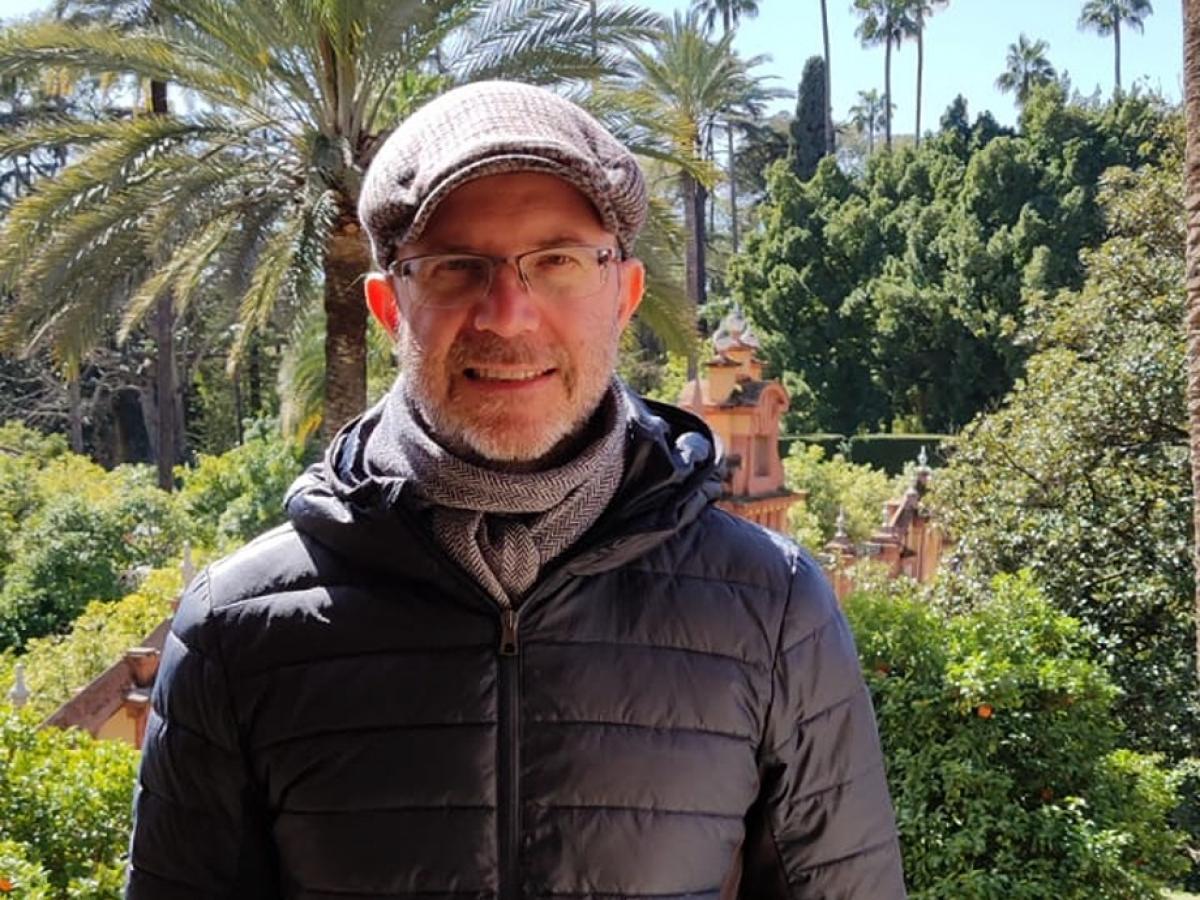
Jean-Louis Consalvi is Professor at Aix-Marseille University in France. His main research topic is the modelling of laminar and turbulent reacting radiating flows with applications to fire research and combustion.
Prof Timothy Fisher
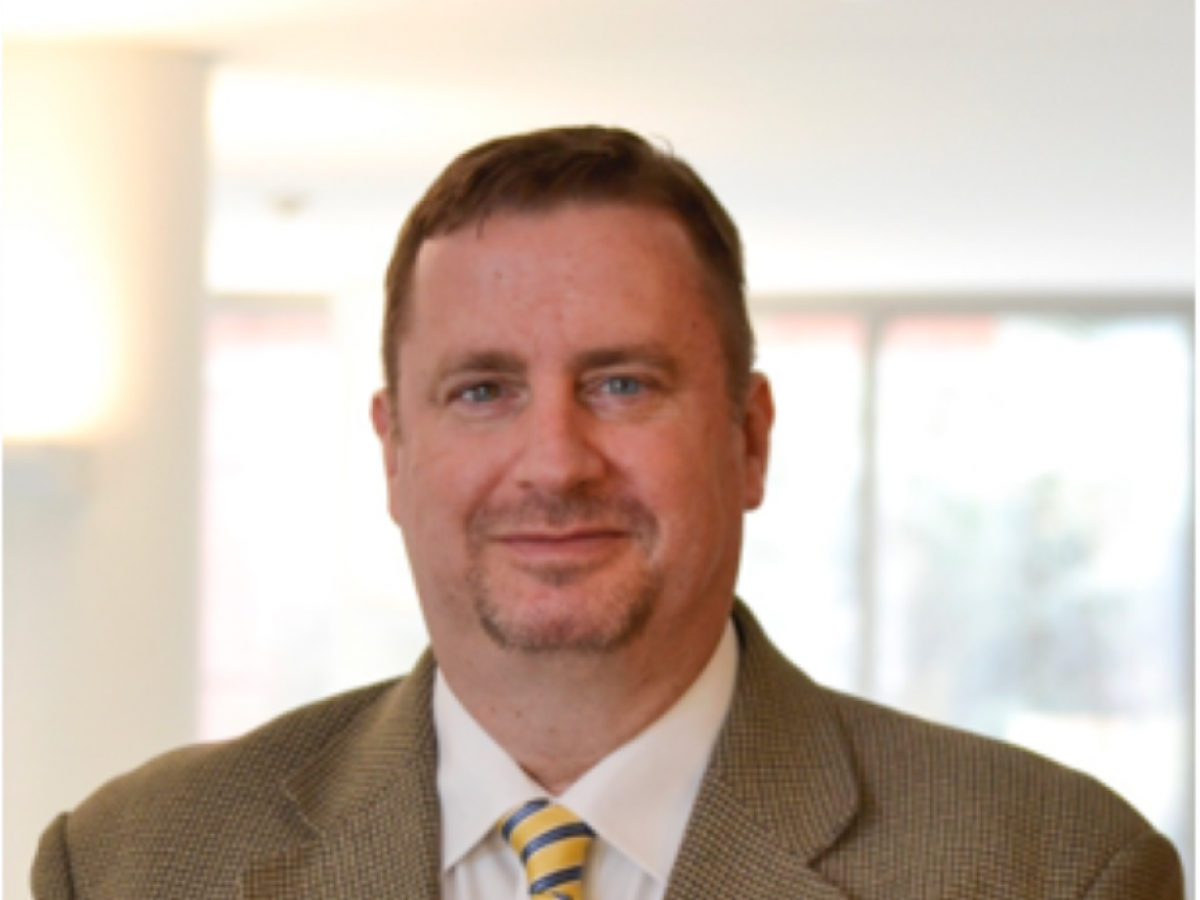
Timothy S. Fisher (PhD in Mechanical Engineering, Cornell 1998) joined the UCLA faculty in 2017 as Professor of Mechanical & Aerospace Engineering (MAE) after spending 15 years in Purdue’s School of Mechanical Engineering, and several previous years at Vanderbilt University. In 2018 he received the John P. and Claudia H. Schauerman Endowed Chair in Engineering at UCLA, as well as the ASME Heat Transfer Memorial Award. He served as MAE Department Chair from 2018 to 2022, and in 2023 became the Editor in Chief of the ASME Journal of Heat and Mass Transfer. His research has included studies of nanoscale heat transfer, electronics cooling, carbon nanomaterial synthesis, solar-thermal fuels and materials production, coupled electro-thermal effects in materials and devices, microfluidics, biosensing, and related computational methods ranging from atomistic to continuum scales. He has mentored more than 40 doctoral advisees to candidacy and completion, and in 2012 he received the McDonald Mentoring Award from ASME. He has authored more than 275 papers in peer-reviewed journals, and made a similar number of contributions to conference proceedings and presentations.
Dr Chiara Saggese
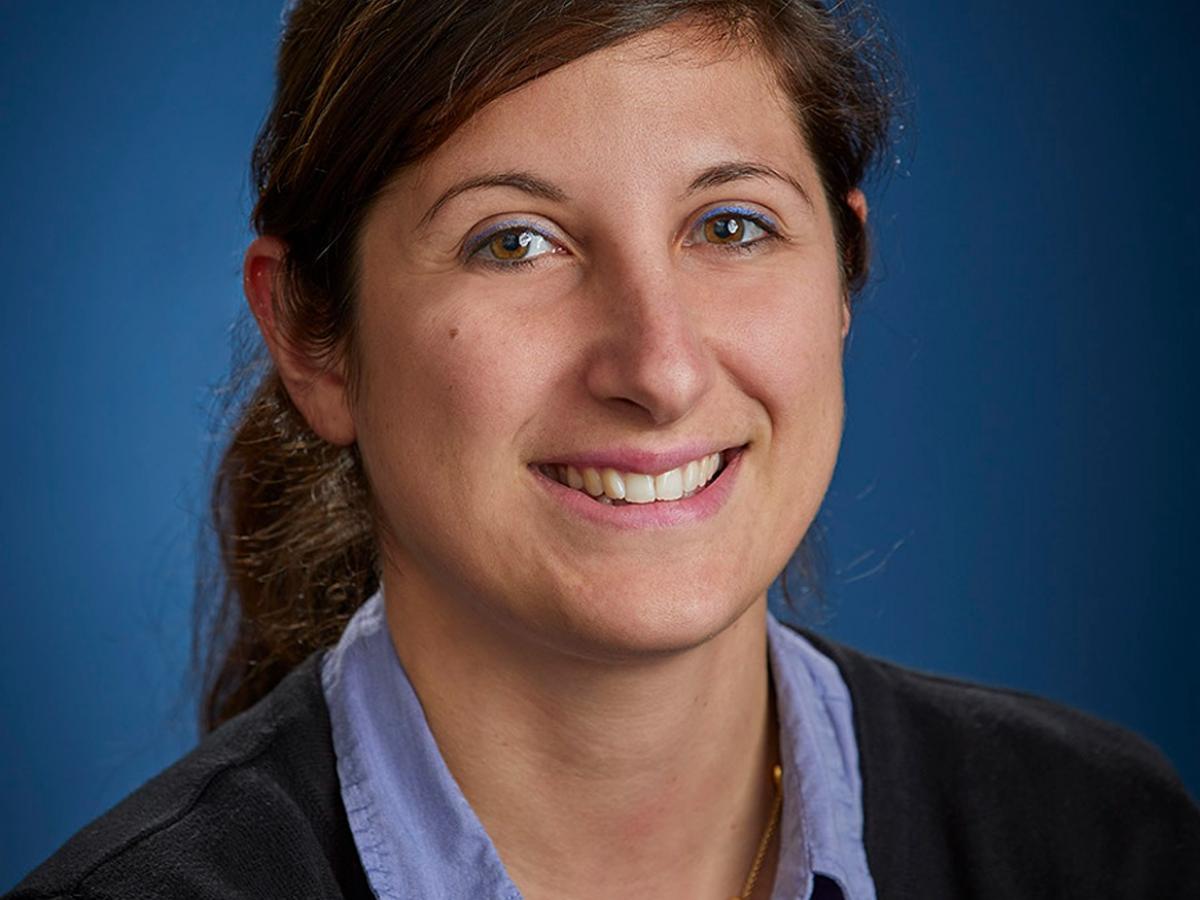
Chiara Saggese received her PhD in Industrial Chemistry and Chemical Engineering from Politecnico of Milan in 2015. After working as a postdoctoral fellow on experiments and kinetic modeling of real-fuel combustion chemistry and emissions at Stanford University, she joined the Reaction Dynamics Group in Lawrence Livermore National Laboratory in 2019. Her research focuses on developing gas phase reaction kinetics of fossil and renewable fuels for combustion applications and emission predictions. She is also studying particle formation in high temperature environments, such as detonations and wildfires.
Dr Mario Commodo
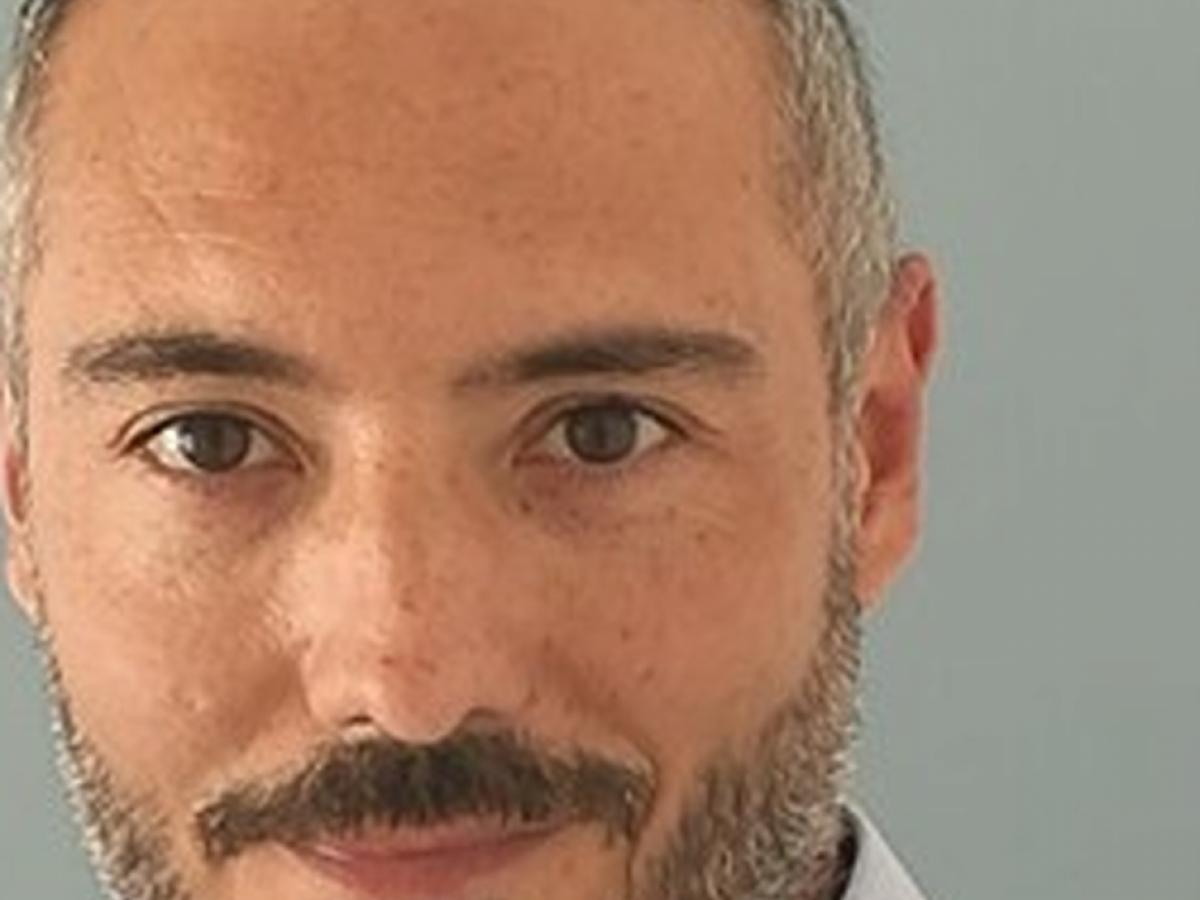
Dr Commodo earned his Ph.D. in Chemical Engineering from the University of Naples Federico II in 2007. After working as a postdoctoral fellow on experiments on carbon deposits and soot formation at the Institute for Aerospace Studies of the University of Toronto until 2010, he was appointed as a researcher at the Institute for Research on Combustion within the Italian Research National Council – CNR. Dr Commodo's research is primarily focused on the intricate processes of soot formation in combustion, with a particular emphasis on the early stages of this phenomenon. His expertise extends to the utilization of advanced diagnostic methods for the characterization of carbonaceous particles, as well as exploring various applications of carbon particles. His work combines both in-situ and ex-situ experimental approaches. Dr Commodo was awarded the Silver Medal of the CI in 2019, for the paper presented at the 37th International Symposium on Combustion in Dublin, highlighting the innovative use of high-resolution atomic force microscopy for visualizing the aromatic constituents of incipient soot particles. Currently, Dr Commodo holds the position of chair for the Italian section of the CI.
Prof Stefan Will
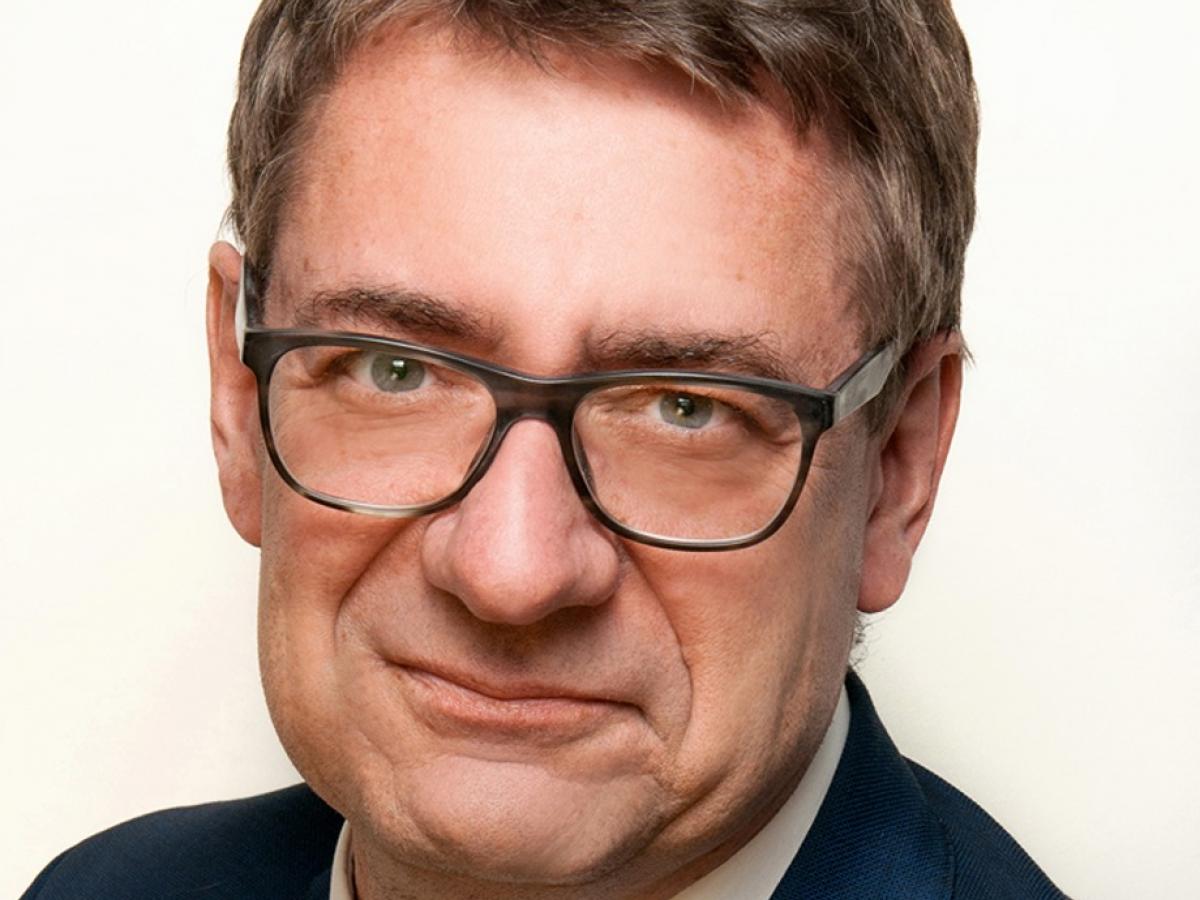
Stefan Will is a full professor in Engineering Thermodynamics at the Department of Chemical and Bioengineering of Friedrich-Alexander University Erlangen-Nuernberg (FAU), Germany, since 2012. After graduating in physics Stefan Will received his PhD in engineering with a topic on the use of optical techniques for the determination of transport coefficients. After holding several academic positions at various universities he was a full professor at the University of Bremen, Germany, between 2002 and 2012, where he also served as Dean of the Faculty of Production Engineering. Since 2014 he is also Director and Co-Coordinator of the Erlangen Graduate School in Advanced Optical Technologies (SAOT), established within the framework of the German Universities Excellence Initiative.
Stefan Will’s research focuses on the development and application of optical diagnostics for energy and process engineering, especially for the investigation of combustion phenomena including soot formation, nanoparticle synthesis, and hydrogen combustion, and the engineering of complex energy systems. He has authored and co-authored more than 300 publications in international journals, conference proceedings, and books.
Roscoe Taylor
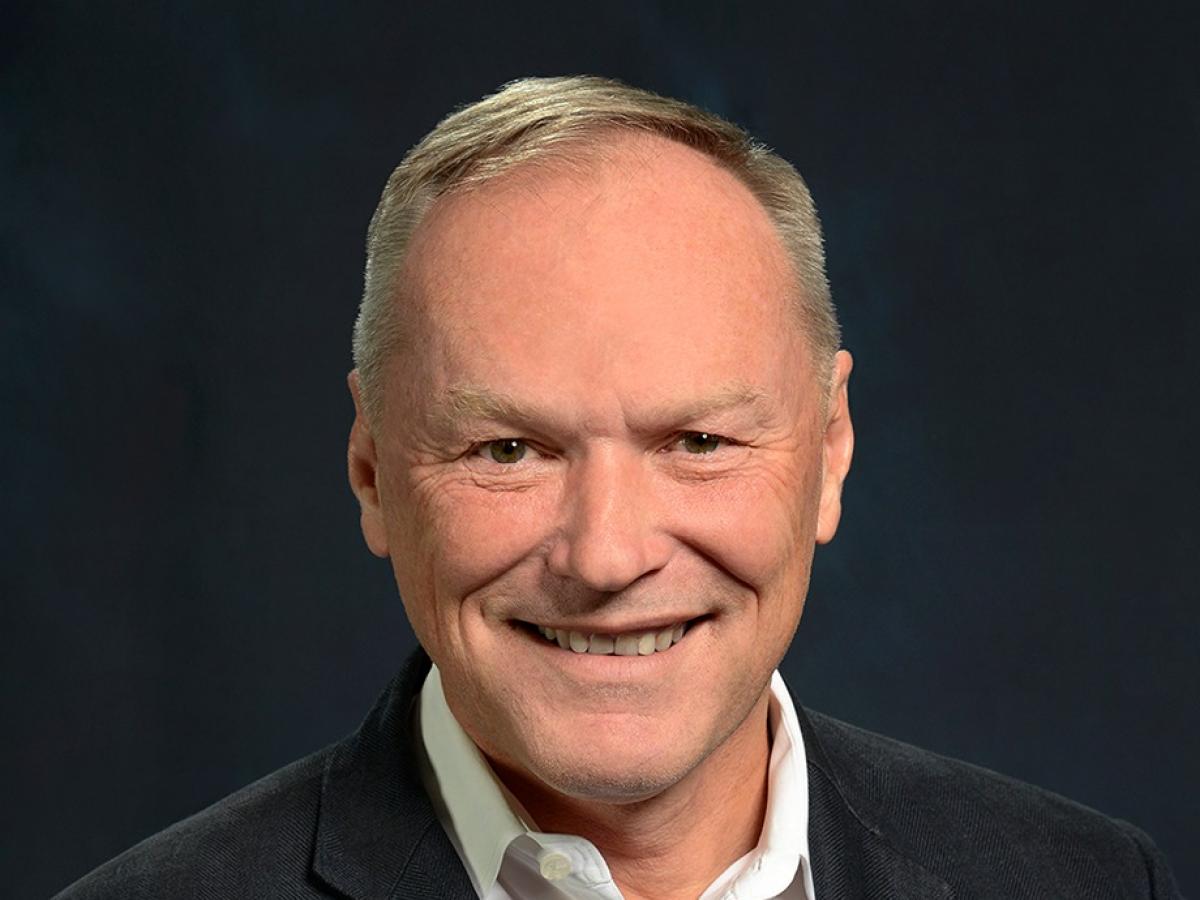
Roscoe Taylor currently works for Orion S.A., the world’s leading specialty carbon black producer. He heads up the company’s Global Operational Excellence team, spanning Orion’s global network of 15 Carbon Black plants.
Roscoe’s career has extensively been in Carbon Black production, and he is regarded as a world-class expert in the industry, having worked on all the manufacturing processes and at multiple carbon black companies. These roles in R&D as well as operations have led to the granting of 13 patents and a wealth of proprietary technologies. A laser focus on continuous improvement has generated hundreds of millions of dollars in savings from higher-yield and throughput improvements, while also reducing quality variation and making new grades. These efforts are now applied in Orion to reduce the CO2 footprint of their operations through conventional improvements and working with the Innovation group to use circular and natural feedstocks.
Roscoe holds a Chemical Engineering Degree from the University of Melbourne and an MBA in Technology Management from La Trobe University.
Prof Rajan Chakrabarty
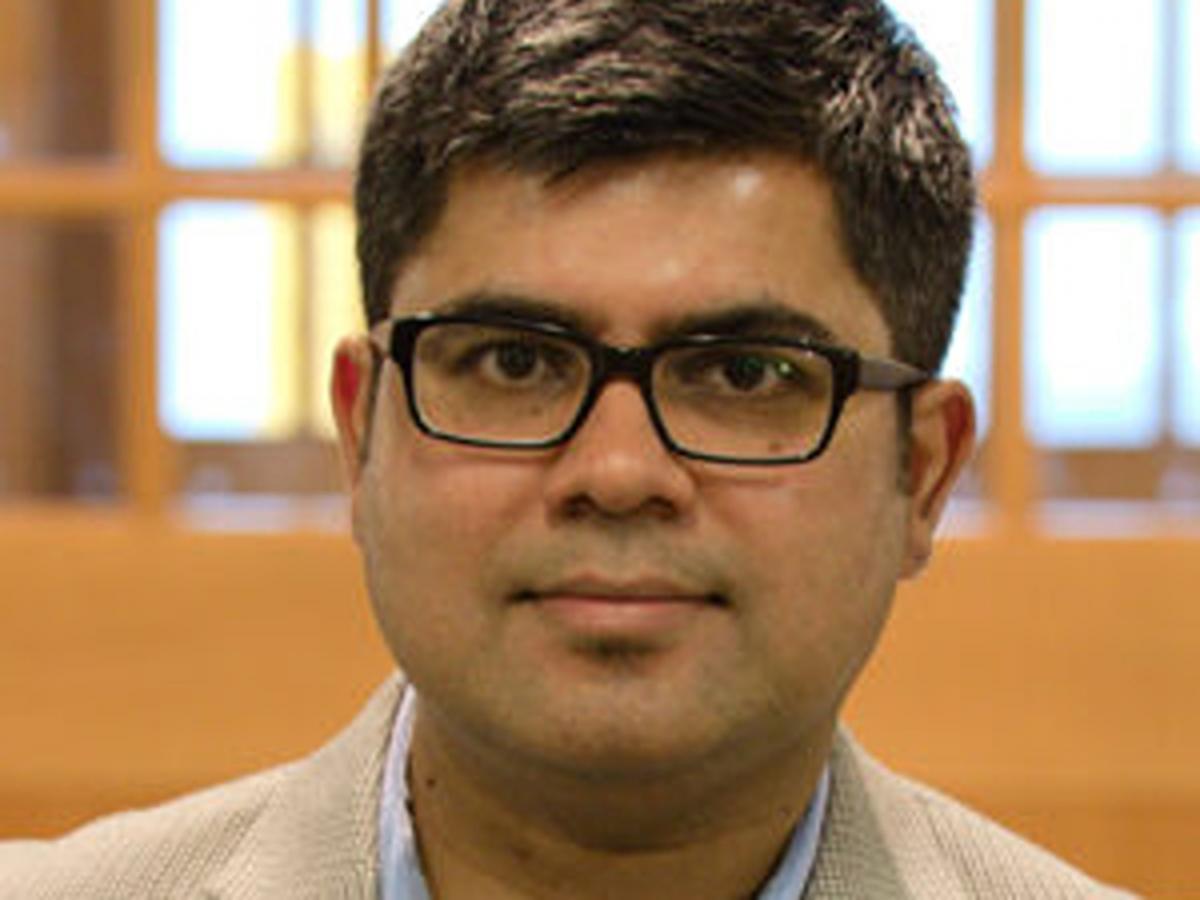
Rajan Chakrabarty is a professor of Energy, Environmental, and Chemical Engineering at the Washington University in St. Louis, USA. He leads the Aerosol Interdisciplinary Research (AIR) group, which works at the forefront of addressing grand challenges associated with aerosol radiative forcing, aerosol instrumentation development and engineering techniques, and rapid detection of respiratory pathogens. He has published over 100 peer-reviewed journal articles and supervised the thesis research of over 20 graduate students. Prof Chakrabarty received his PhD in Chemical Physics from the University of Nevada, Reno in 2008. He also holds degrees in Atmospheric Physics (Masters) and Electronics and Instrumentation Engineering (BEng). His research contributions have been recognised with several prestigious honors, most notably a 2021 NASA Group Achievement award for the FIREX-AQ study, the 2019 Kenneth T. Whitby award (AAAR), the 2019 Schmauss award (GAeF), and the 2018 American Geophysical Union Global Environmental Change Early Career award.
Dr Sonu Kumar
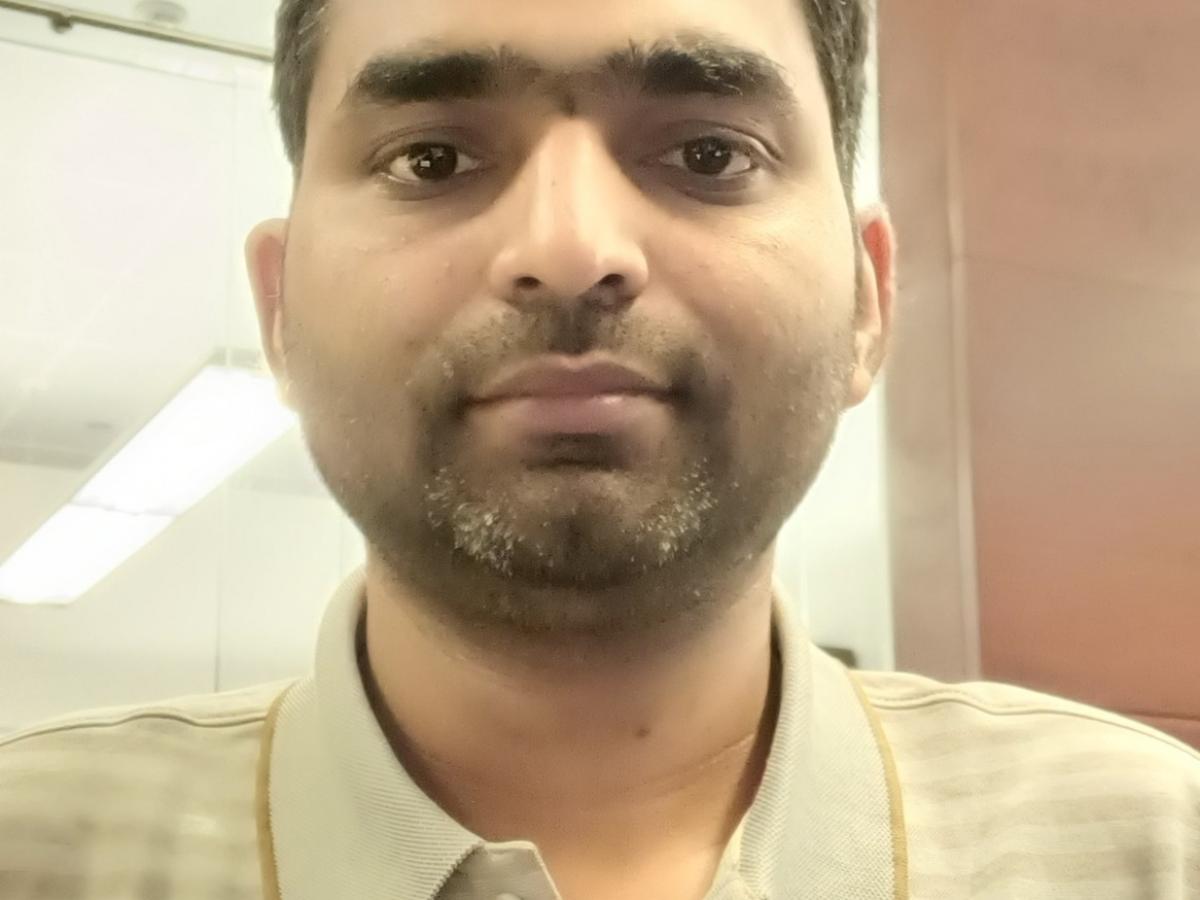
Sonu Kumar is working as a postdoctoral fellow with Professor Bassam Dally at the Clean Combustion Center, KAUST, Saudi Arabia. His work at KAUST focuses on measuring intermediate species, temperature in flame using various methods of laser diagnostics techniques for better understanding of combustion phenomena to develop advanced energy conversion methodology. He, and his team, worked on finding the application of Two-Line Atomic Fluorescence (TLAF) to measure temperature in clean and sooting flame under high pressure conditions. Further, he is involved in work on ammonia combustion. Dr Kumar earned his PhD in 2022 from the Indian Institute of Science, Bangalore, India. His PhD work focuses on spray and combustion for gas turbine applications. He worked on designing a new class of high shear injector generating very fine droplets size, excellent azimuthal spatial distribution, and worked on suppressing the precessing-vortex core in swirl-based injector through modification in geometrical design of injector. Dr Kumar also holds a bachelor’s degree in mechanical engineering.
Prof Osvalda Senneca
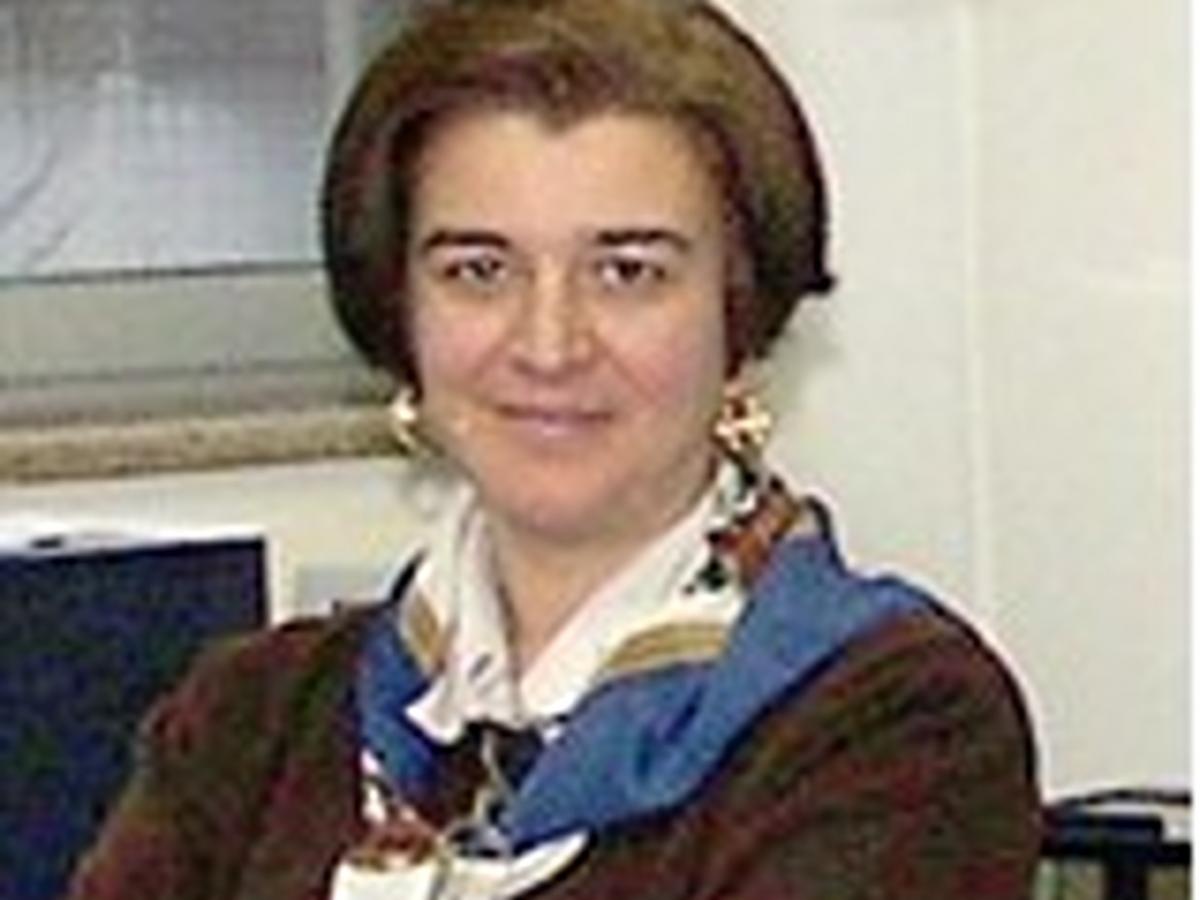
Prof Osvalda Senneca is Head of Research at the Italian National Council of Research at the Institute of Science and Technology for Sustainable Energy and Mobility (STEMS-CNR) in Naples. Prof Senneca is a guest professor and Chair in Thermochemical carbon conversion at Ruhr University Bochum (RUB) in Germany and a Mercator Fellow of the German Research Foundation (DFG). In 2022, she became a member of the PNRR-PNIEC Commission (Recovery Fund for Energy) for the Italian Ministry of Ecological Transition. Prof Senneca is a top 2% scientist according to the Stanford Career Rankings 2018 – 2023. She is an editor for the Journal of Analytical and Applied Pyrolysis (Q1 Elsevier). Prof Senneca received her PhD in chemical engineering from the University of Naples in 1998.
Prof Joaquin Camacho
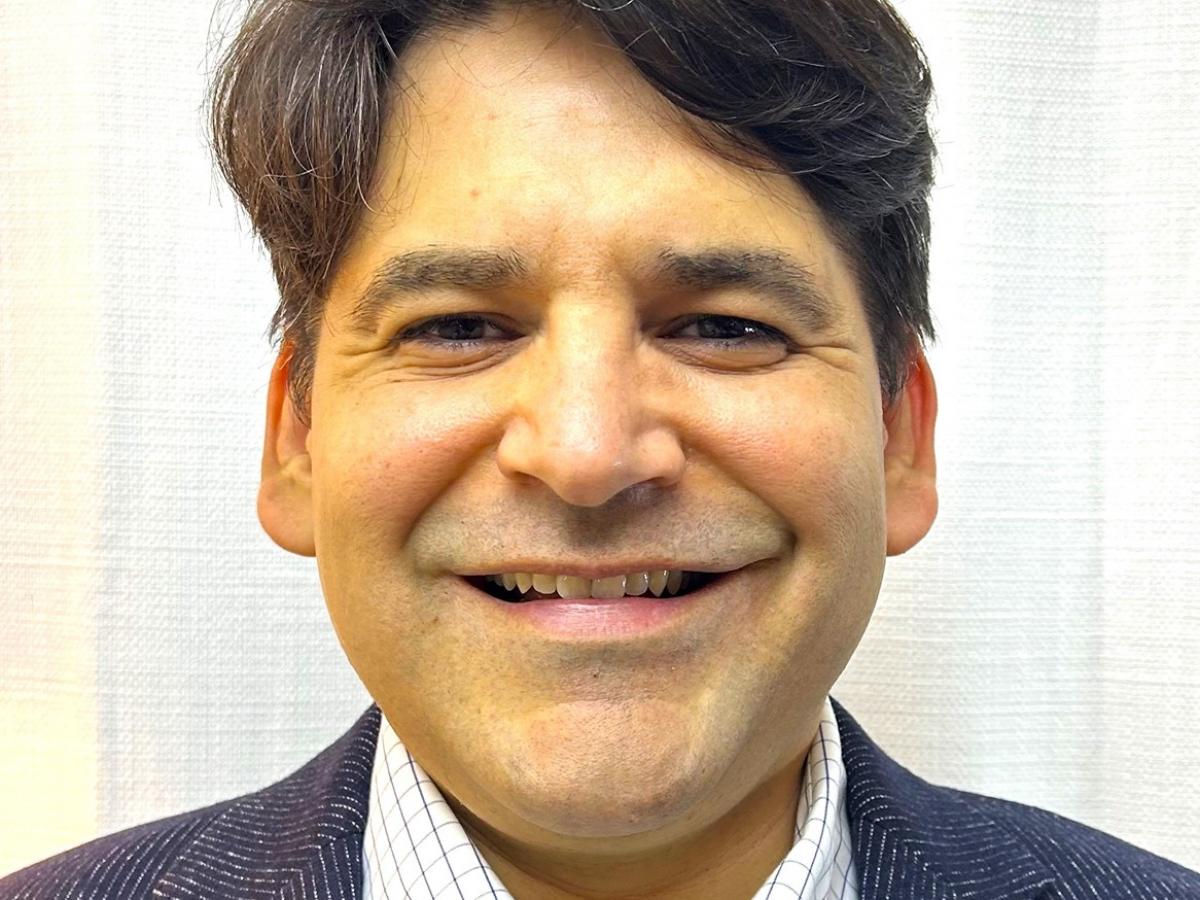
Joaquin Camacho is a tenured professor in the Mechanical Engineering Department at San Diego State University. His research includes soot formation, carbon materials and gas-to-particle synthesis processes. Current projects include an NSF CAREER award to study fundamental processes of carbon nanoparticle formation in high-temperature flames. Prof Camacho obtained his PhD from University of Southern California and carried out a Postdoctoral Fellowship at Stanford University.
-
Research program presenters - turbulent reactors
Program leaders will present on the progress and current challenges in advanced prediction in turbulent reactors.
Dr Benedetta Franzelli
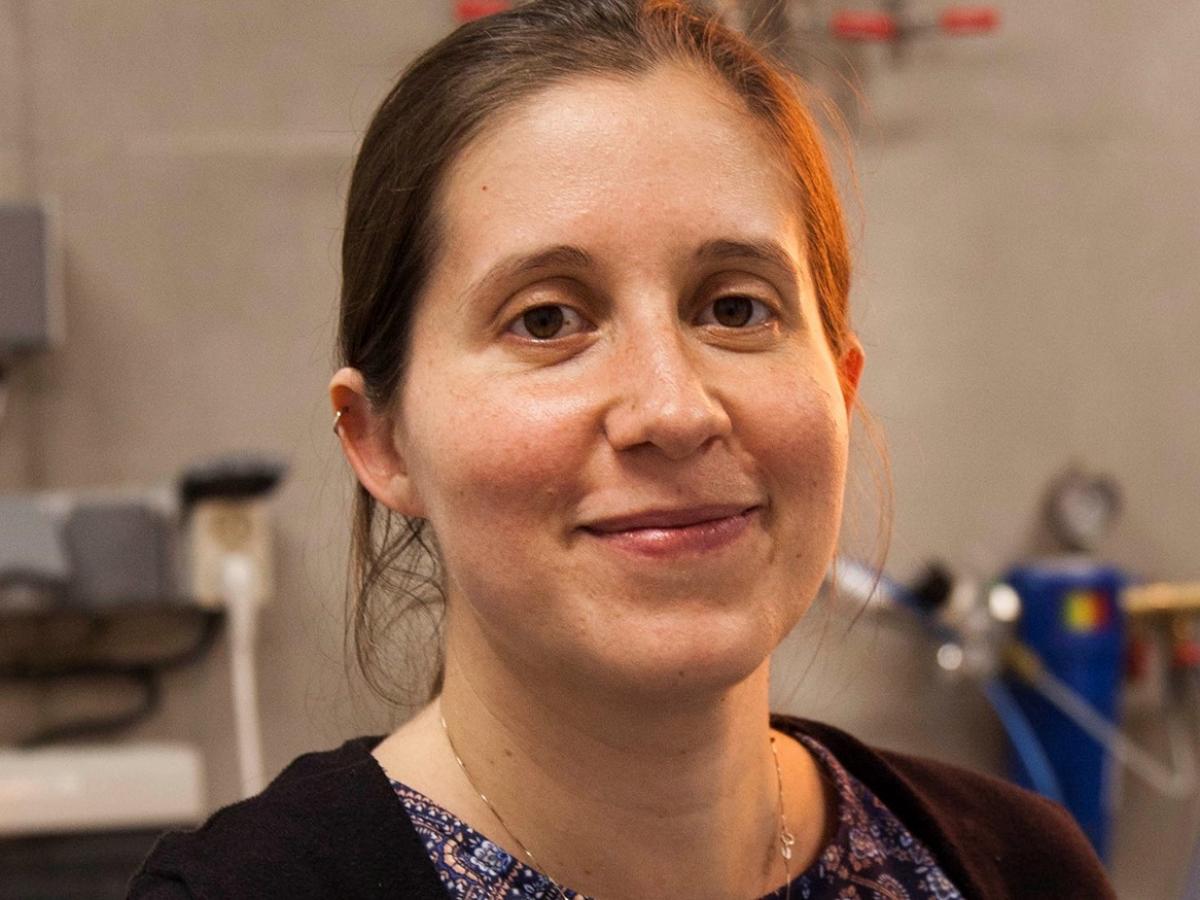
Benedetta Franzelli is a Researcher of the French National Center for Scientific Research (CNRS) at the EM2C Laboratory (UPR288) at CentraleSupélec. Dr Franzelli’s research interests are in theoretical, experimental, and numerical characterisation of multi-phase turbulent reactive flows. At EM2C, she leads the investigation of the production of carbon and non-carbonaceous nanoparticles in laminar and turbulent flames by combining optical diagnostics and high-fidelity simulations. She graduated from the Politecnico di Milano (2007) and received her PhD from the Institut National Polytechnique de Toulouse (CERFACS, 2011). As a Postdoctoral Fellow, she worked at the EM2C Laboratory (2012, 2013) and at the Center for Turbulence Research at Stanford University (2014). She has been the recipient of a Stanford Center for Turbulence Research PostDoctoral Fellowship (2012), the Bernard Lewis Fellowship from the Combustion Institute (2014), the Bronze Medal from CNRS (2018) and a European Research Council (ERC) Starting Grant (2018).
Jnr Prof Federica Ferraro
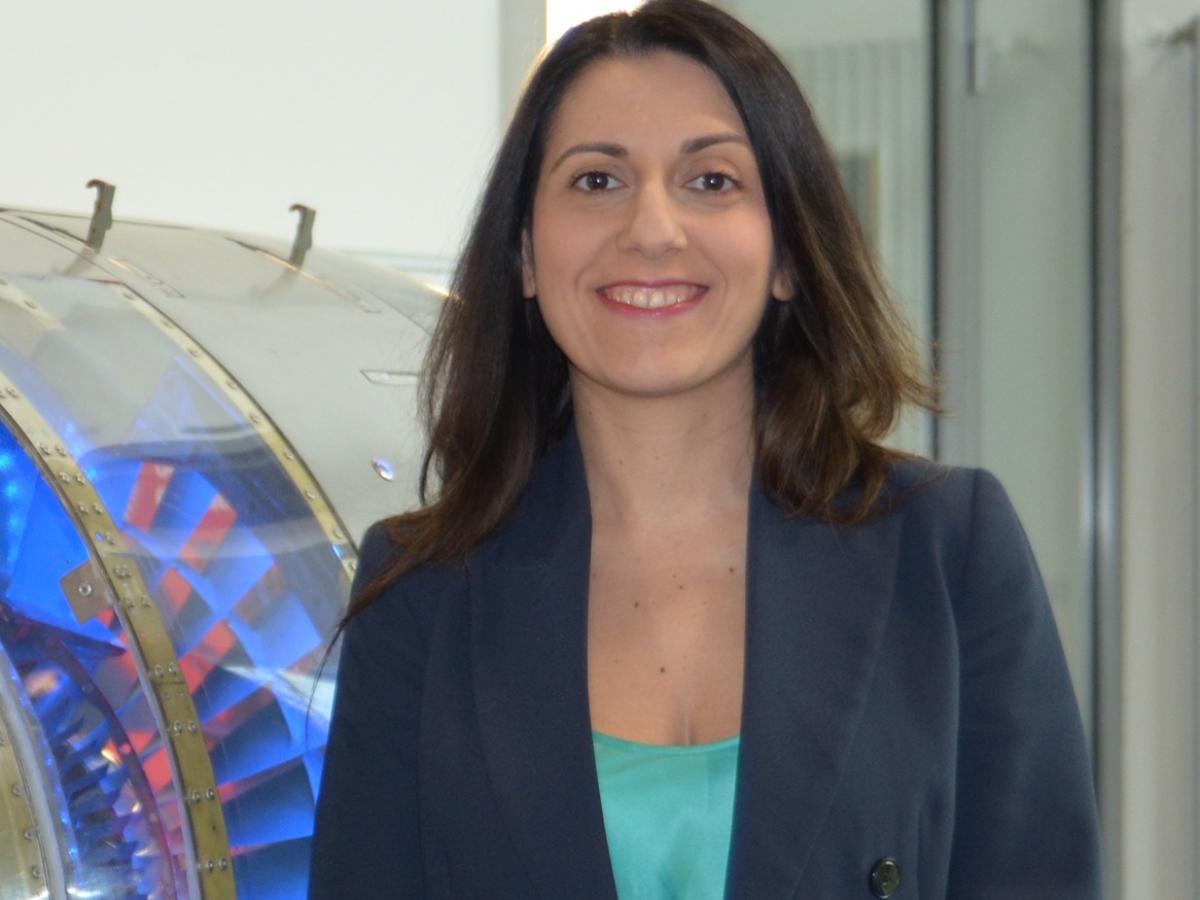
Federica Ferraro is a Junior Professor for Alternative Aviation Propulsion Systems at the Technical University of Braunschweig. Her research focuses on numerical modeling and simulation of turbulent multiphase reacting flows. In particular, she is interested in turbulent sooting flames of complex hydrocarbon fuels and combustion of sustainable energy carriers, including hydrogen, ammonia, and sustainable aviation fuels, to reduce gaseous and particulate emissions and develop climate-neutral, efficient technologies for the energy and transportation sectors.
Professor Ferraro earned her degree in Aerospace Engineering from the University of Rome “La Sapienza” and obtained her PhD in 2017 from the University of the Bundeswehr Munich. Following her PhD studies, she was a post-doctoral researcher at two institutions: the German Aerospace Center (DLR), Institute for Propulsion Technology in Cologne (2016-2019) and the Institute for Simulation of reactive Thermo-Fluid Systems (STFS) of the Technical University of Darmstadt (2019-2023), where she became research group leader in 2021. In May 2023, Professor Ferraro joined the Institute of Jet Propulsion and Turbomachinery (IFAS) at the TU Braunschweig.
Dr Zhiwei Sun
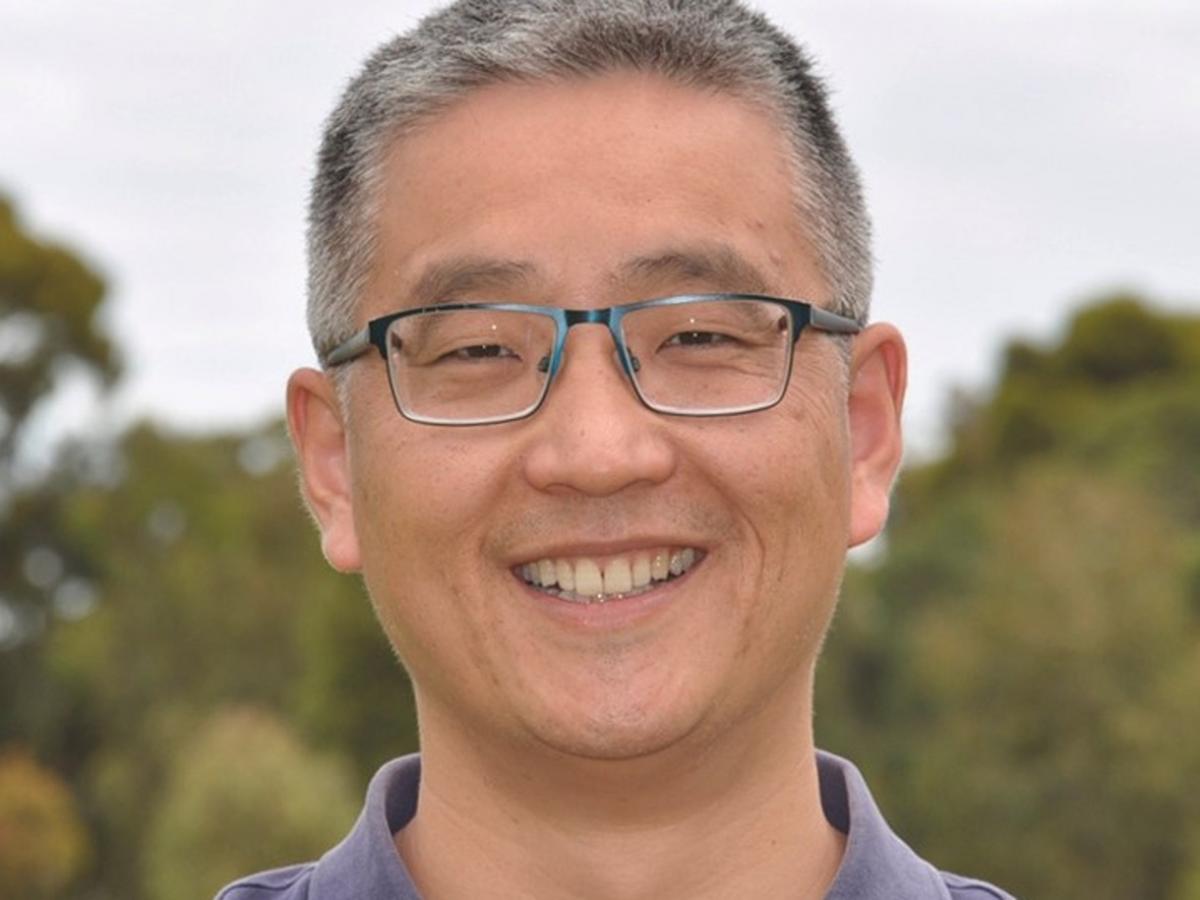
Zhiwei Sun holds the position of senior lecturer in the School of Electrical and Mechanical Engineering, at the University of Adelaide, Australia. His research is primarily focused on laser and optical diagnostics in thermo-fluids, particularly in reactive multiphase flows relevant to industry decarbonization and renewable energy. Dr Sun leads research in the development and application of laser/optical diagnostics methods for both fundamental research and industry-collaborated projects. He obtained his PhD degree from Lund University in 2012 and has since pursued his career at the University of Adelaide continuously. He has received several awards, including the Measurement Achievement Encouragement Award (formerly the NMI prize) from the Australia National Measurement Institute in 2023 and the David Warren Travelling Fellowship from the ANZ section of the Combustion Institute in 2014.
-
Research program presenters - laminar reactors
Program leaders will present on the progress and current challenges in advanced prediction in laminar reactors.
Dr Chiara Saggese
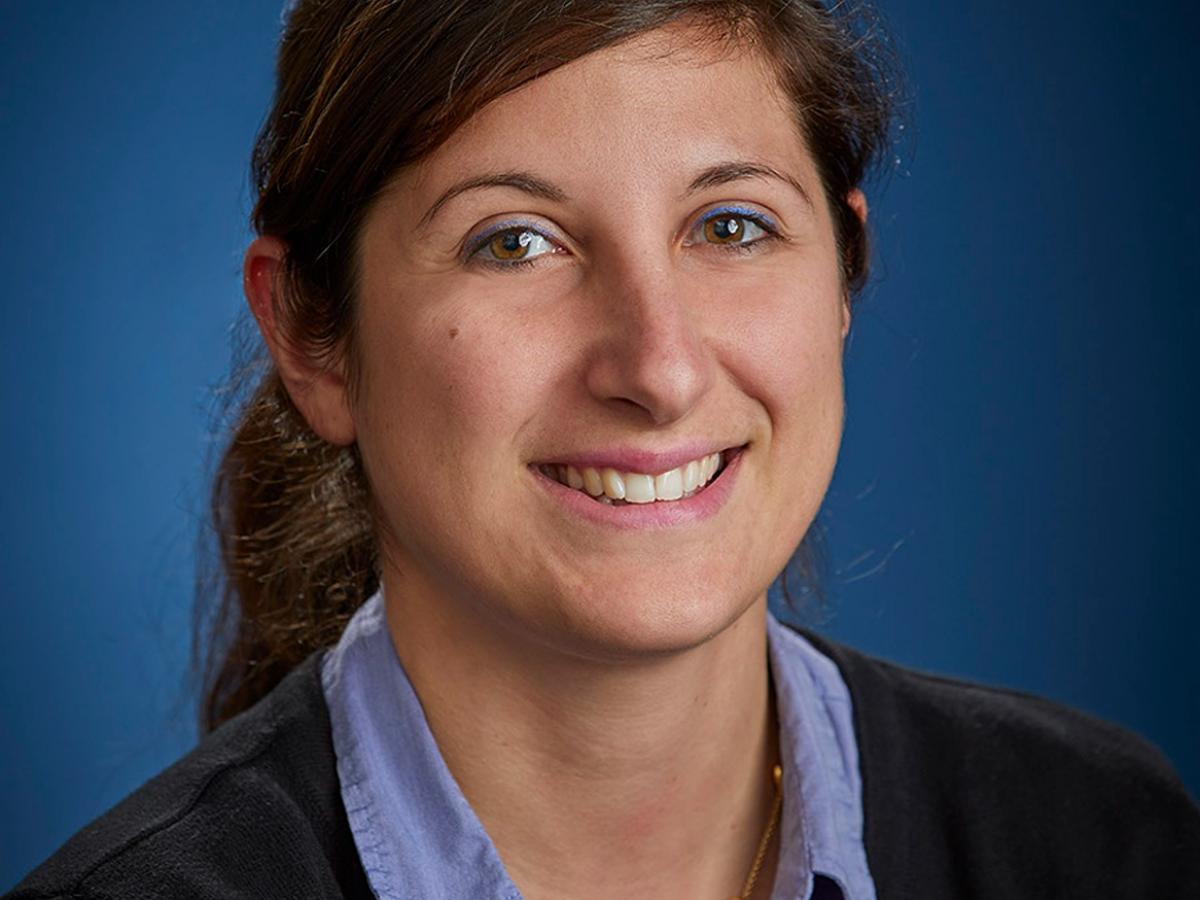
Chiara Saggese received her PhD in Industrial Chemistry and Chemical Engineering from Politecnico of Milan in 2015. After working as a postdoctoral fellow on experiments and kinetic modeling of real-fuel combustion chemistry and emissions at Stanford University, she joined the Reaction Dynamics Group in Lawrence Livermore National Laboratory in 2019. Her research focuses on developing gas phase reaction kinetics of fossil and renewable fuels for combustion applications and emission predictions. She is also studying particle formation in high temperature environments, such as detonations and wildfires.
Prof Georgios Kelesidis
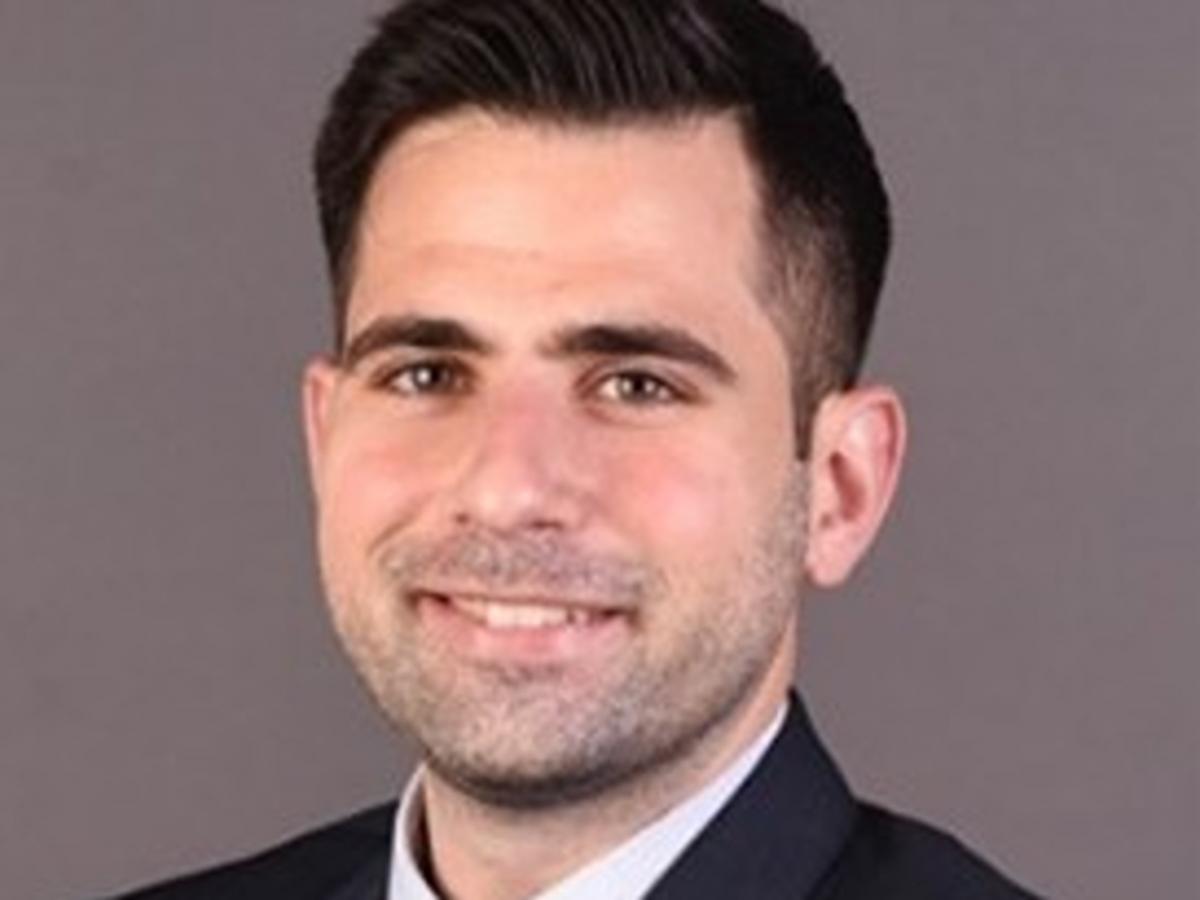
Dr Georgios Kelesidis is an Assistant Professor at the School of Public Health of Rutgers University. Prior to this appointment, he was a Lecturer and Research Associate at the Department of Mechanical and Process Engineering of ETH Zürich, Switzerland. Dr Kelesidis received his Diploma in Chemical Engineering from the University of Patras, Greece with honors (top 3%), along with the Limmat Stiftung Award of Academic Excellence (2013). His subsequent MSc studies in Process Engineering at ETH Zürich were supported by a Particle Technology Laboratory Fellowship (2013-2015), while his MSc thesis earned the IBM research prize (2017) for computer modelling and simulations in chemistry, biology and material science. His 2019 PhD thesis on the morphology and optical properties of flame-made nanoparticles received the 2020 PhD Award from GAeF (German Association for Aerosol Research) and the ETH medal for Outstanding Doctoral Thesis (top 8 %).
The research of Dr Kelesidis focuses on the numerical and experimental characterization of combustion generated carbonaceous nanoparticles to quantify and mitigate their climate impact, as well as to optimize their performance in various applications (e.g. energy storage). He has co-authored 27 peer-reviewed articles so far. Dr Kelesidis received the 1st Graduate Student Award on Carbon Nanomaterials at the 2019 AIChE Annual Meeting (Orlando, FL, USA), as well as Best Poster Awards at the European Aerosol Conference (EAC) in 2016 (Tours, France) and 2020 (Aachen, Germany), the 2019 ETH Conference on Combustion Generated Nanoparticles (Zürich, Switzerland) and the 2019 Fall Meeting of the Material Research Society (MRS). The societal impact of his research was also highlighted by the Forbes Magazine by including him in the 2020 Forbes 30 under 30 Europe list for Science & Healthcare. Dr. Kelesidis has organized technical sessions at MRS (2016), EAC (2019-2021, 2023), the 2020-2023 Annual Meetings of the American Association for Aerosol Research, the 11th International Aerosol Conference (2022) and the 9th World Congress on Particle Technology (2022). He is serving as Chair of the Aerosol Technology Working Group of the European Aerosol Assembly (starting September 2023) and member of the Leadership Team on Laminar Flames and Chemistry and Particle Formation of the International Sooting Flame Workshop (starting July 2022).
Prof Reza Kholghy
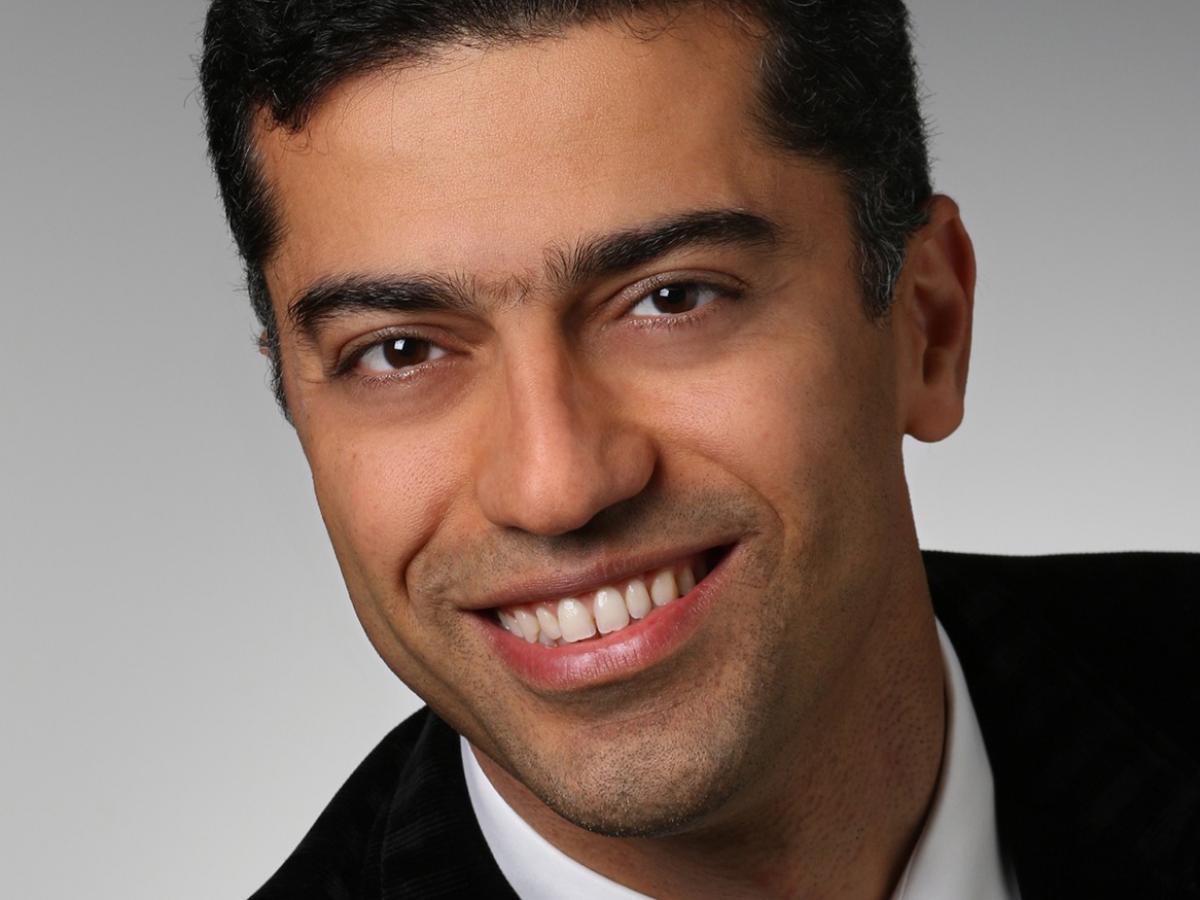
Reza Kholghy is a mechanical and aerospace engineering professor, Canada Research Chair and Director of the Energy and Particle Technology Laboratory at Carleton Univeristy. He researches novel processes for low carbon hydrogen production, conversion of greenhouse gases such as carbon dioxide and methane into valuable commodities and decarbonisation of heavy industries including steel and auto manufacturing. His team has been working with the Natural Resources Canada, National Research Council of Canada and multiple industrial and academic partners in Canada, Europe, and the US to develop and commercialise technologies for using secondary metals (iron and aluminum) for long-term energy storage, production of hydrogen on demand without the need for its transportation, production of high purity alumina, and gas phase synthesis of carbon black from pyrolysis of natural gas.
-
Posters and 3 minute 'Elevator Pitches'
Delegates are invited to present a poster, with prizes offered for best posters and 3 minute ‘Elevator Pitches’ to students and early career researchers.
To participate in these, please proceed as follows:
- Registration by 8 May: through the workshop website - with abstract at Workshops | 40th International Symposium on Combustion
- Submit email by 8 May: to cet@adelaide.edu.au with the following:
- Title and Abstract (300 word max)
- Information re career stage: i) BSc/MSc/PhD students or ii) early-career researchers (without having permanent or tenure-track faculty positions).
- Advise as to whether or not presenters wish to participate in the 3 minute ‘Elevator Pitch'
- Submit Final version of poster by 15 July: for consideration for prizes
Send a PDF of your poster via email to cet@adelaide.edu.au
- Bring your poster to the workshop:
The Program Leaders, Organising Committee and Scientific Committee, who will contribute to the Workshop are listed on the About ISF page.

